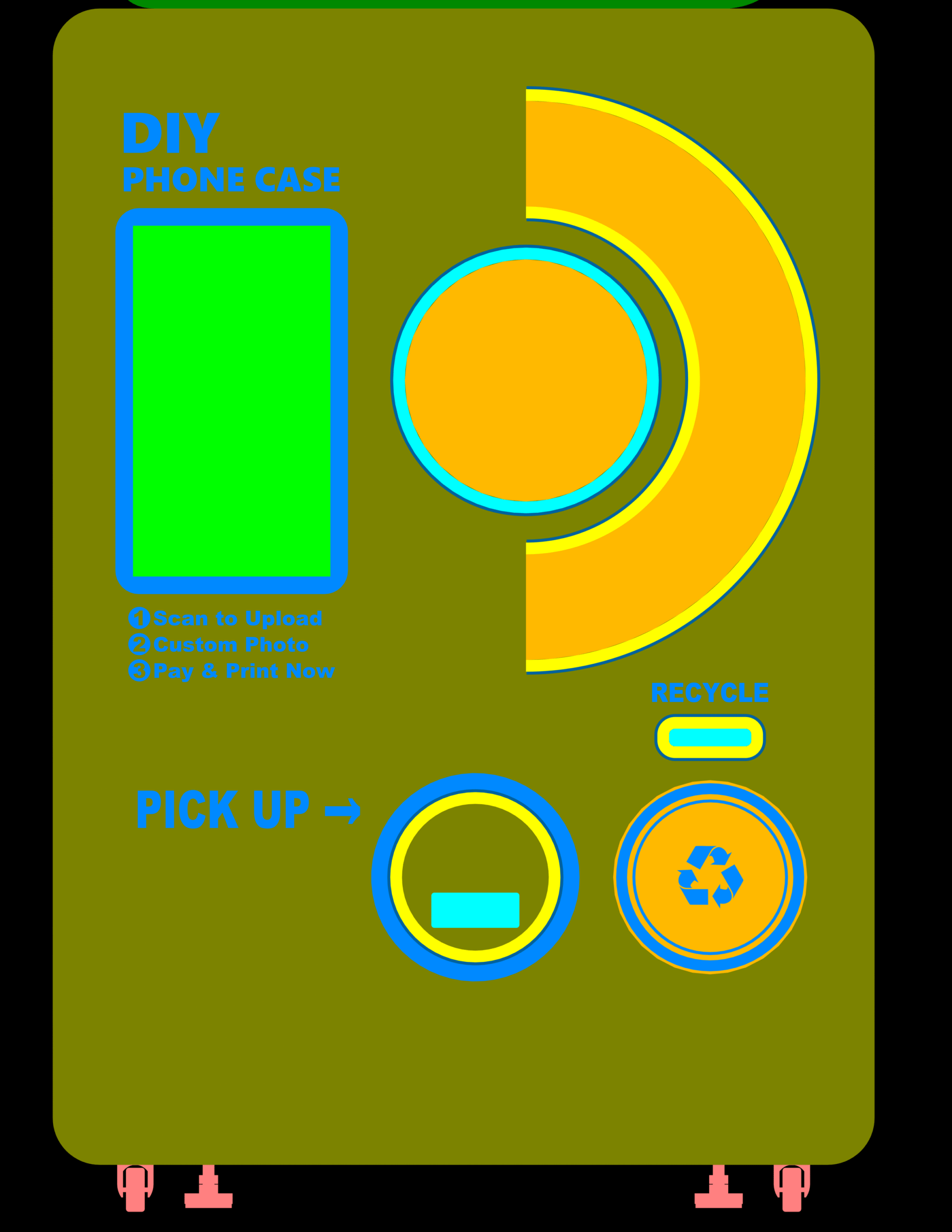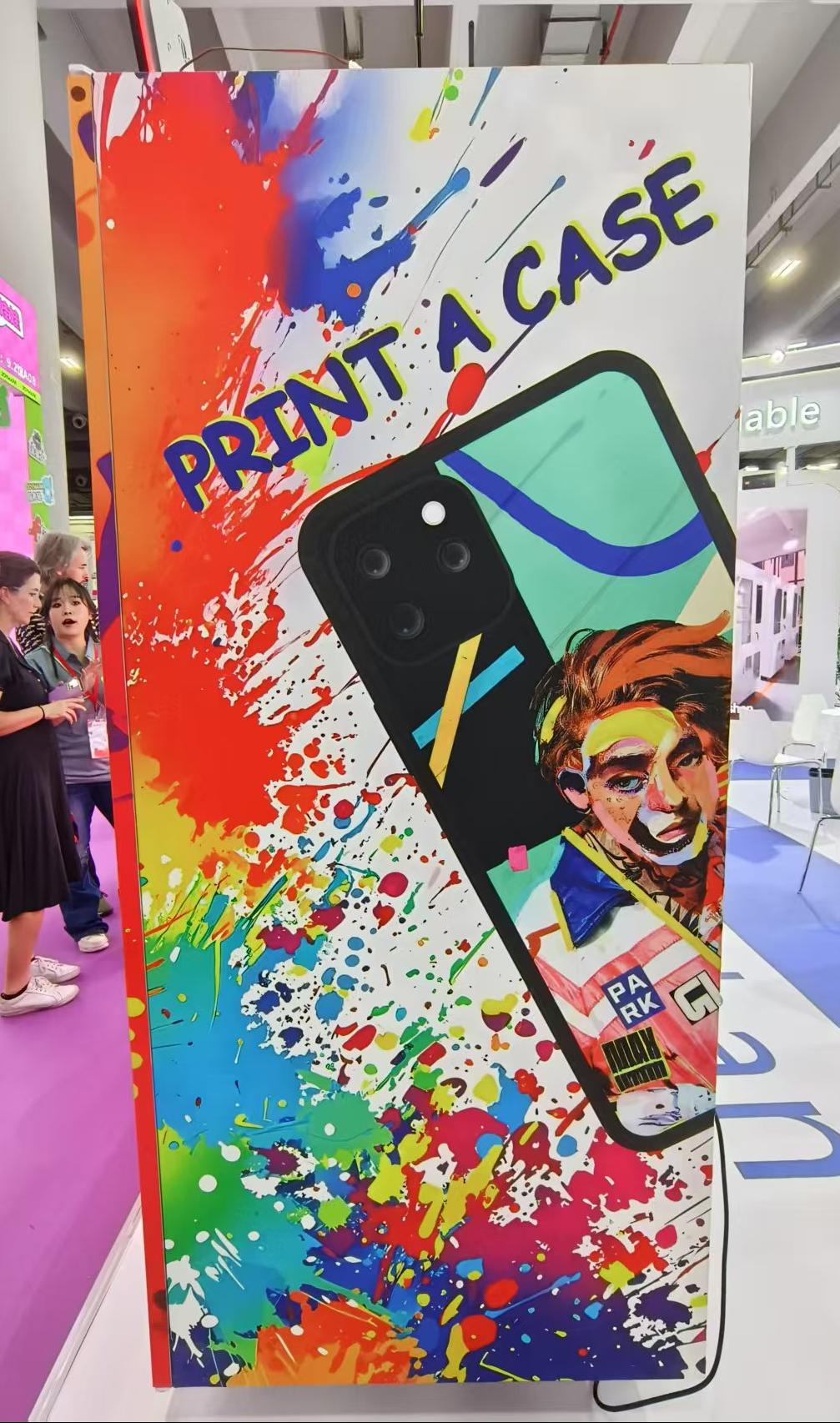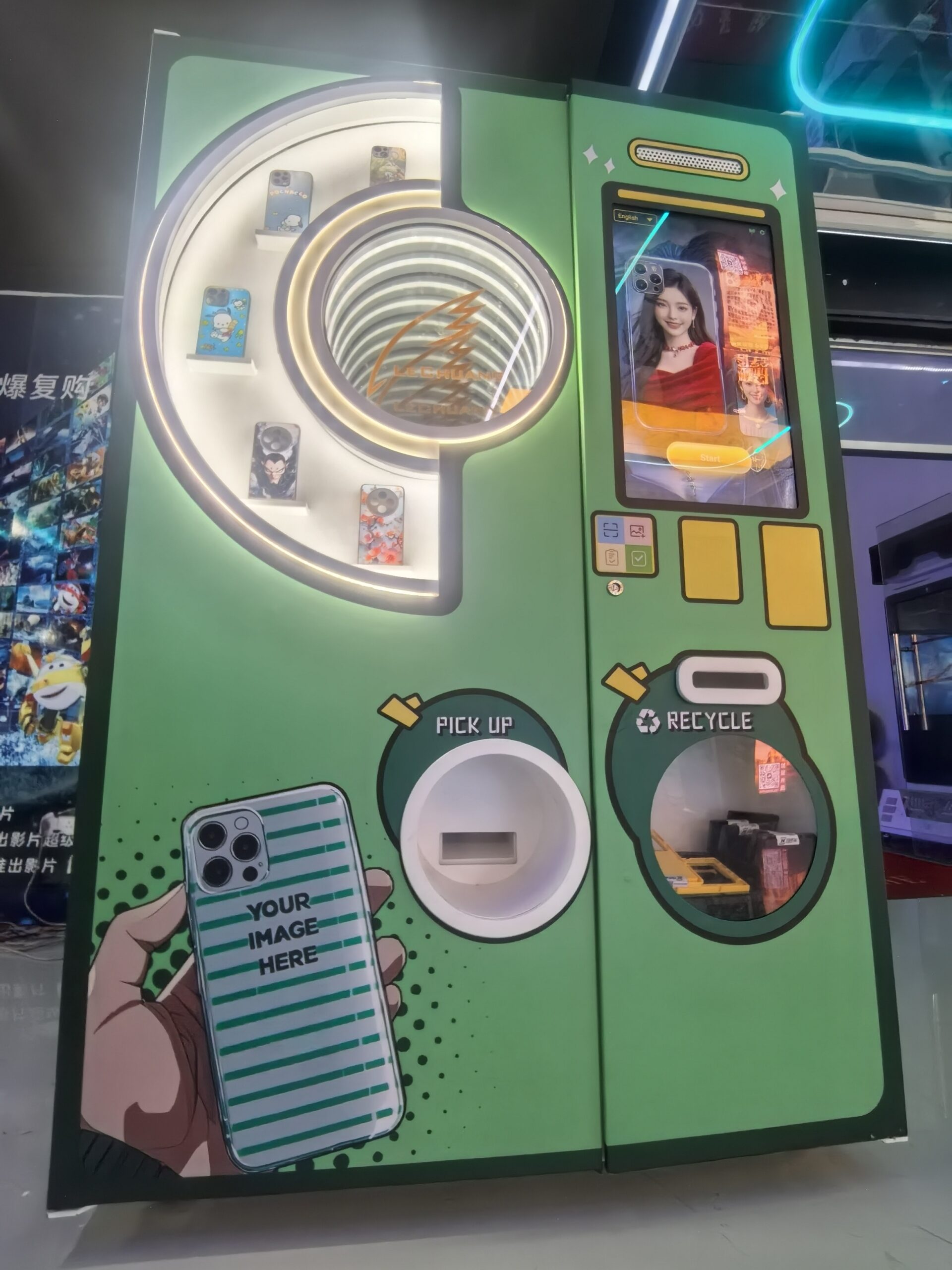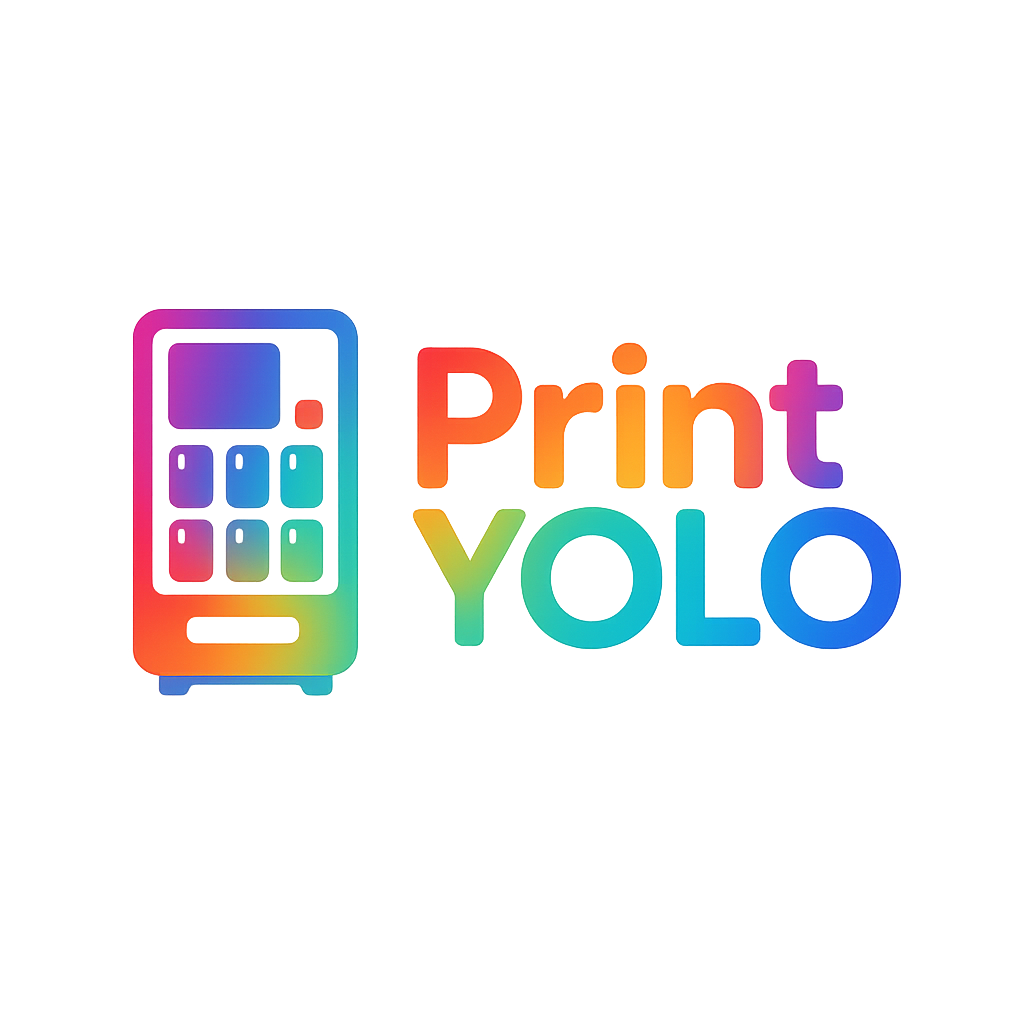What software are phone case vending machines using?
When I first developed the PrintYOLO phone case printing vending machine, I knew that the software would be just as important as the hardware. It's the brain that makes everything work, from choosing a design to printing it out.
Phone case vending machines use a complex stack of software, including an embedded operating system (often Android or Linux), a user interface for design and selection, printing control software, secure payment processing, and crucial cloud-based management platforms for remote monitoring, inventory, and data analytics.
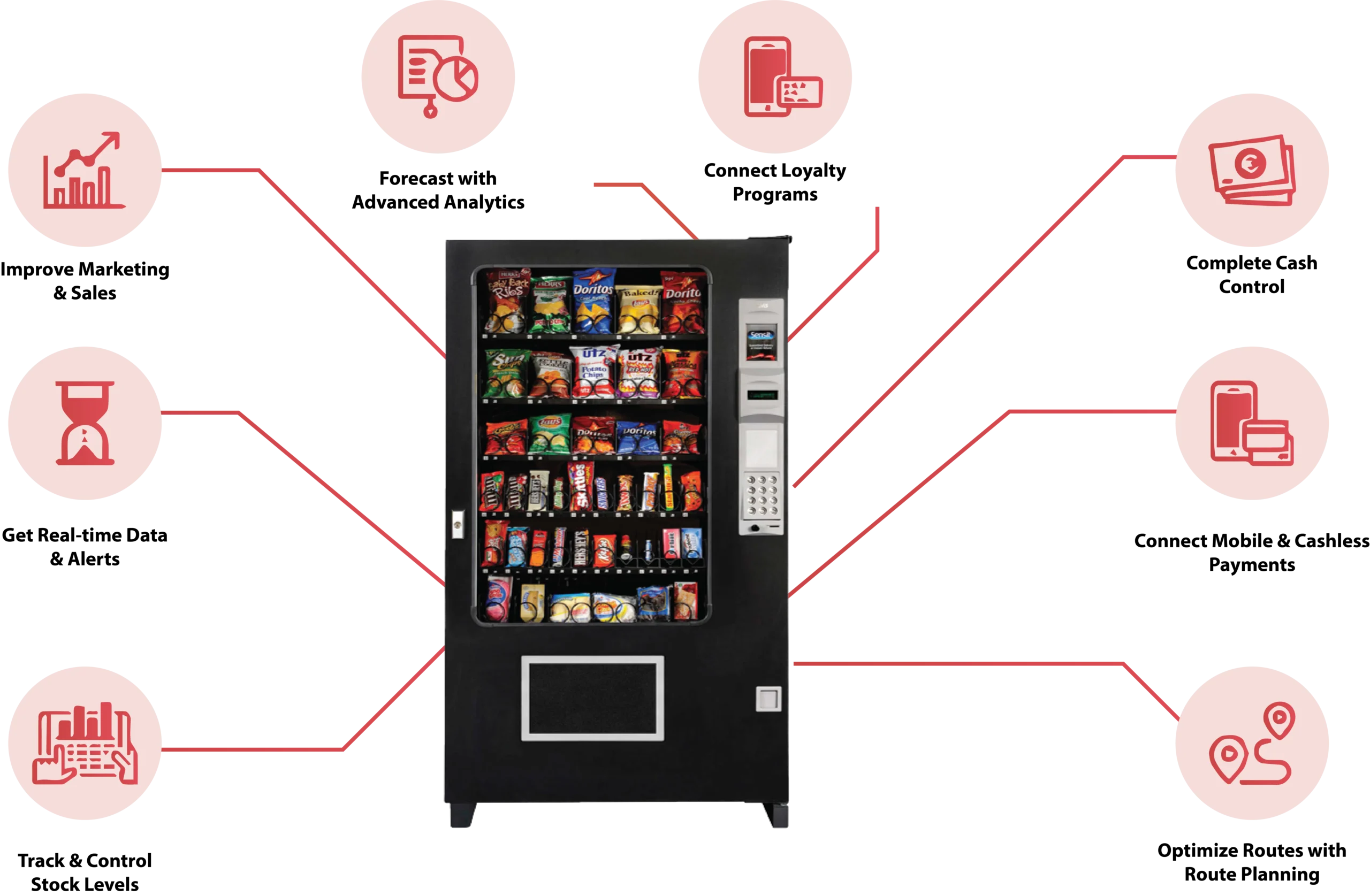
Understanding the software is key to appreciating how these machines deliver instant, customized products. It's not just a simple button press; a lot of unseen code works behind the scenes to make that magic happen. Let me break down the different layers involved.
What are the foundational operating systems?
Every computer needs an operating system to run. Our phone case vending machines are essentially specialized computers. So, what kind of basic software makes them tick?
The core operating systems used in phone case vending machines are usually Android or Linux-based embedded systems. Android is favored for its flexibility in user interface customization, while Linux offers stability and reliability often preferred in industrial applications for robust operation and security features.
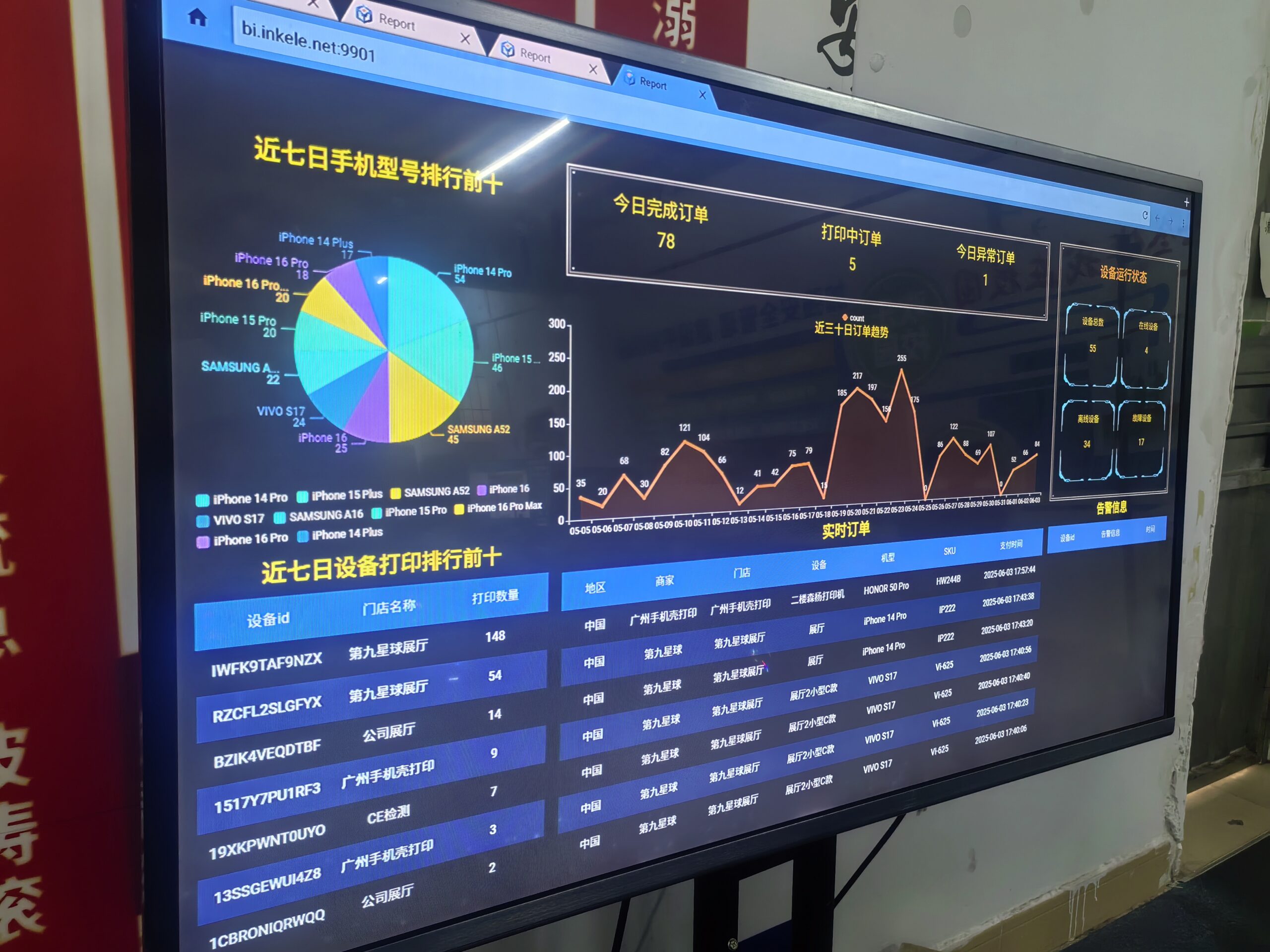
When I designed the PrintYOLO machines, choosing the right operating system was a big decision. I needed something stable, flexible, and capable of handling complex tasks. Android-based embedded systems are very popular choices. Think of it like the Android on your phone, but specially adapted for industrial use. This means we can make the screen look and feel exactly how we want for the customer. It also lets us easily update the interface and add new features. Some manufacturers also use Linux-based systems. Linux is known for being very reliable and secure, which is important for machines that handle money and customer data 24/7. It's often chosen for industrial equipment because it can run for long periods without crashing. Windows Embedded used to be more common, but I see it less in newer, more specialized machines now. The operating system is the base layer. Everything else builds on it. It manages the machine's memory, connects to the internet, and controls all the hardware components, like the touchscreen, the printer, and the payment reader. It's the silent worker that keeps the machine running smoothly.
| Operating System | Common Use Cases in Vending Machines | Advantages for PrintYOLO Machines |
|---|---|---|
| Android | User interfaces, app-like experiences | Highly customizable UI, familiar user experience, good touch support |
| Linux | Logic control, hardware interaction | Stability, security, resource efficiency, real-time capabilities |
| Windows Embedded | Older or specialized enterprise solutions | (Less common in new custom print machines) |
What does the core software architecture look like?
Beyond the basic operating system, there are different parts of the software that handle specific jobs. I layered these parts to make sure the machine is easy for customers to use and efficient at printing.
The core software architecture of a phone case vending machine involves a user interface layer for customer interaction, a precise printing control system for image transfer, payment processing software for secure transactions, and an inventory management system to track consumables and cases.
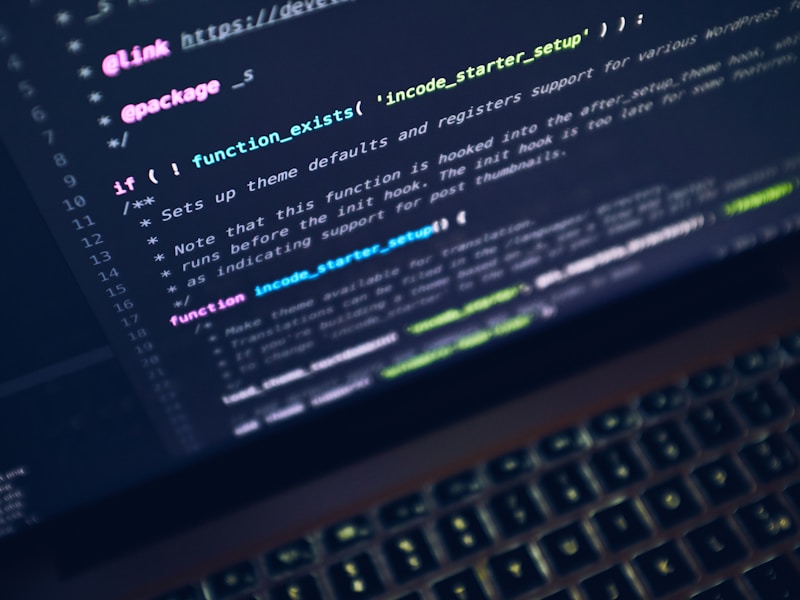
This is where the real complexity lies. From a customer's point of view, they just see a screen. But behind that screen, several software systems work together. First, there's the User Interface Layer. This is what you see and touch on the screen. It allows you to select your phone model, upload a picture, or choose a design. My machines need this to be super easy to use, almost like an app on your phone. Then, we have the Printing Control System. This is very specialized software. Once you've designed your case, this software takes your digital design and translates it into instructions for the UV printer. It controls things like how much ink to spray, where to spray it, and how to get the colors just right. It uses what's called RIP (Raster Image Processor) software, which is critical for high-quality printing. Without it, your printed case wouldn't look good. Next is the Payment Processing software. This connects to card readers, mobile payment apps, and sometimes cash acceptors. It has to be very secure and fast. Finally, there's Inventory Management. This software keeps track of how many blank phone cases are inside the machine for each model, how much ink is left, and even paper for receipts. This helps me and my partners know when to restock without constantly opening the machine. Each layer talks to the others to make a full system.
| Software Layer | Primary Function | Key Tasks in PrintYOLO Machines |
|---|---|---|
| User Interface (UI) | Customer interaction, design selection | Phone model selection, image upload, design editing, purchase flow |
| Printing Control | Translates digital design to printer instructions | Ink management, color calibration, print head control, UV curing |
| Payment Processing | Handles transactions securely | Card reader integration, mobile payment, QR code, transaction logging |
| Inventory Management | Tracks physical stock levels | Counts blank cases (by model), ink levels, manages consumables alerts |
How are these machines managed remotely?
One of the biggest advantages of our PrintYOLO machines is that I don't have to be physically present at every single location all the time. This is all thanks to powerful remote management software based in the cloud.
Phone case vending machines rely heavily on cloud-based management platforms (SaaS) for remote oversight. These systems enable real-time monitoring of sales, inventory levels, and machine status, facilitating predictive maintenance and providing valuable data analytics for optimized operation and swift troubleshooting without needing on-site presence.
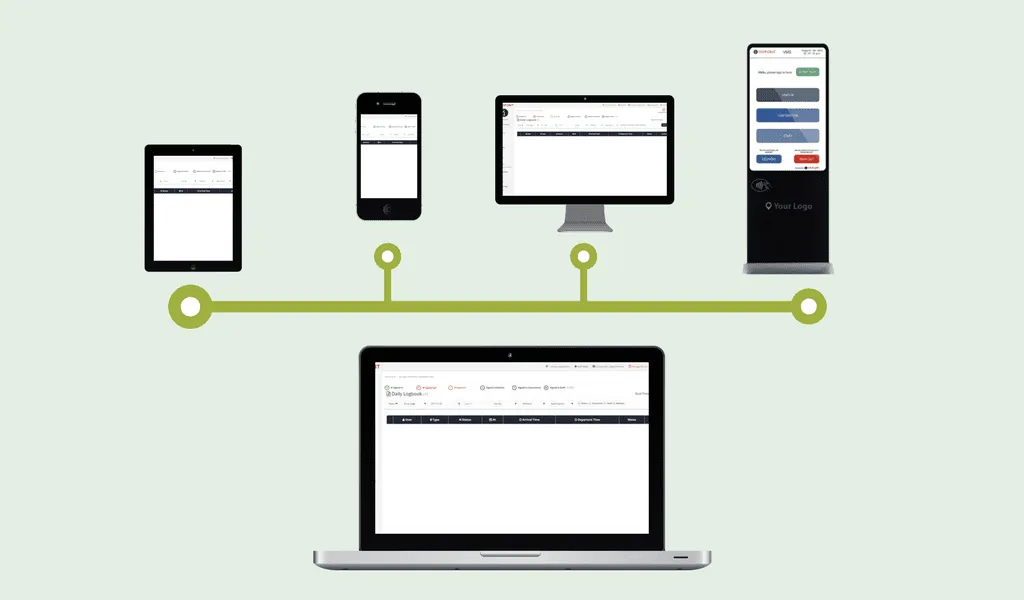
This is probably the most critical software for the business owner. Imagine trying to manage dozens of machines in different cities without being able to see what's happening. It would be impossible. So, my PrintYOLO machines are constantly connected to the internet through 4G/LTE or Wi-Fi. This connection sends all kinds of data to a central cloud platform. This platform is what we call a SaaS (Software as a Service). From a web dashboard, I can see everything: how many cases were sold today, what designs were popular, if a machine is running low on blank cases for a specific phone model, or if there's an error code. This real-time monitoring is essential. It also helps with Predictive Maintenance. The software can tell me if a certain part is starting to show signs of wear, allowing me to fix it before it breaks completely. This saves a lot of downtime and keeps the machines making money. Plus, the platform collects Data Analytics. I can see which locations sell best, what times of day are busiest, and which marketing messages work. This data helps me advise my partners on how to make more money. It's like having a constant watchful eye on every machine, all from one place.
| Feature | Benefit for PrintYOLO Operators | Example data seen by operator |
|---|---|---|
| Remote Monitoring | Real-time insights into machine performance and issues | Sales per hour, machine uptime, error alerts |
| Inventory Management (Cloud) | Efficient restocking, avoids stockouts | Cases remaining per model, ink level alerts |
| Predictive Maintenance | Reduces downtime, proactive issue resolution | Motor wear readings, print head status warnings |
| Data Analytics | Optimizes strategy, identifies trends | Popular designs, peak sales times, location performance |
| Remote Updates | Keeps software current, adds new features | Delivery of new UI, design library updates, bug fixes |
Phone case vending machines combine operating systems like Android/Linux with specialized software for UI, printing, payments, and inventory. Crucially, cloud-based platforms enable remote management, data analytics, and continuous updates for optimal performance and profitability.


